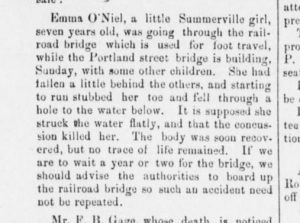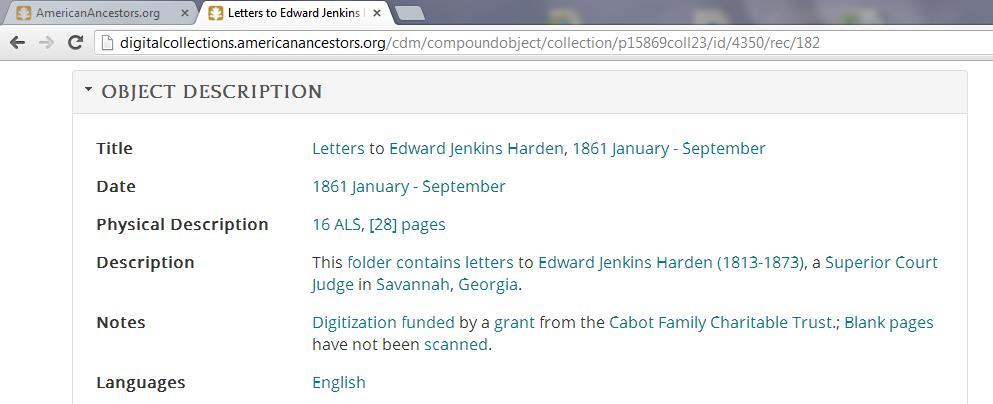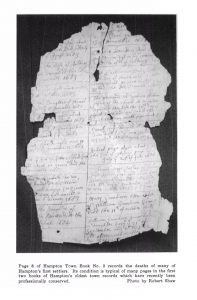
Recently, as I was browsing Google, I noticed their doodle for the day.[1] It was honoring Elizabeth “Bessie” Coleman, who was born 26 January 1892. She was the first woman of African American and Native American descent to receive her pilot’s license, and she was also the first person of African American and Native American descent to receive an international pilot’s license. Continue reading A pair of firsts









